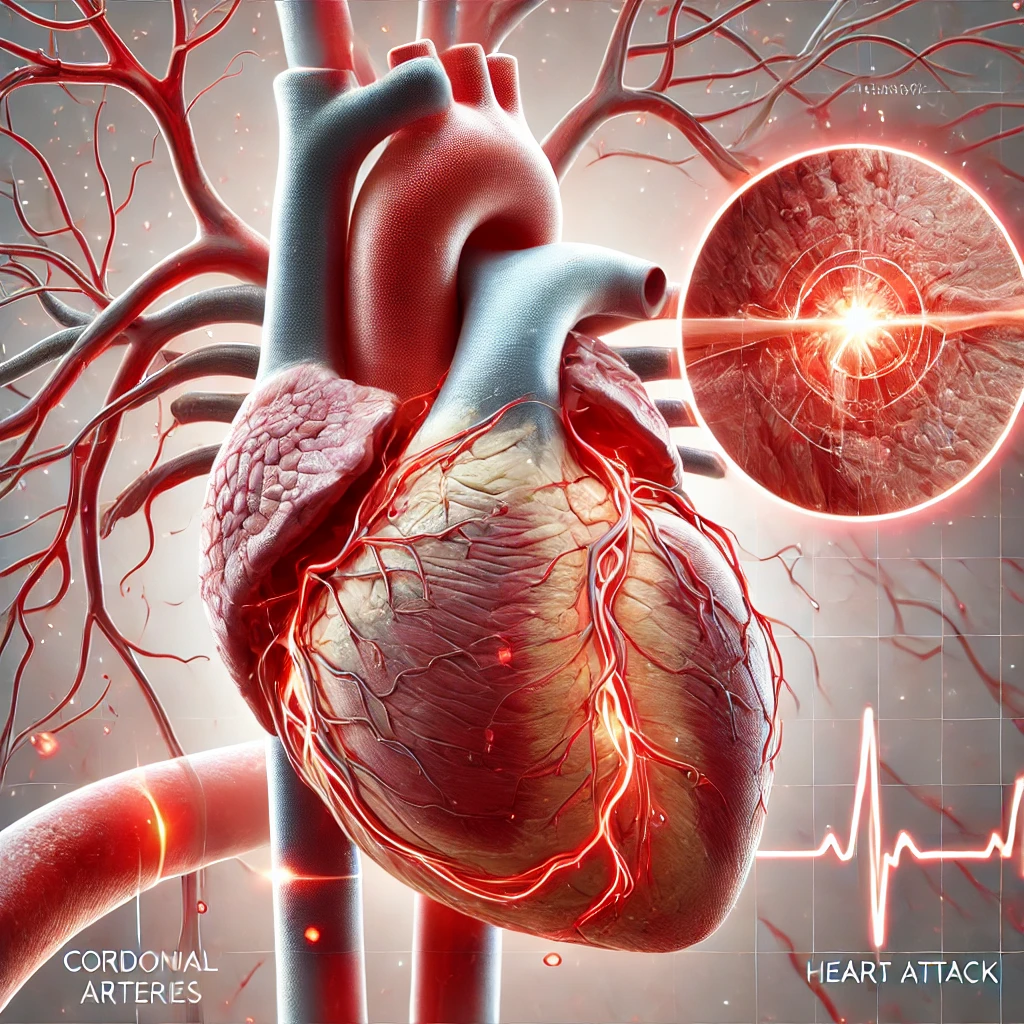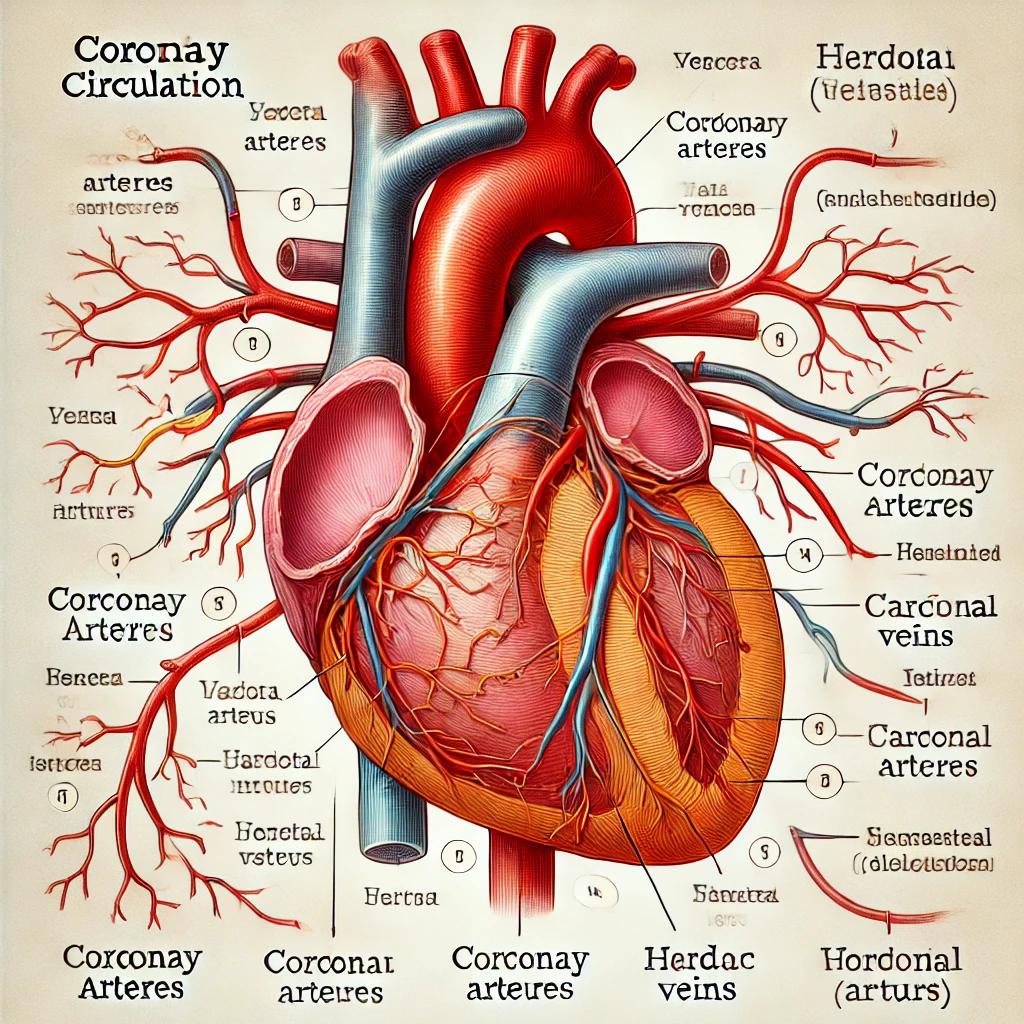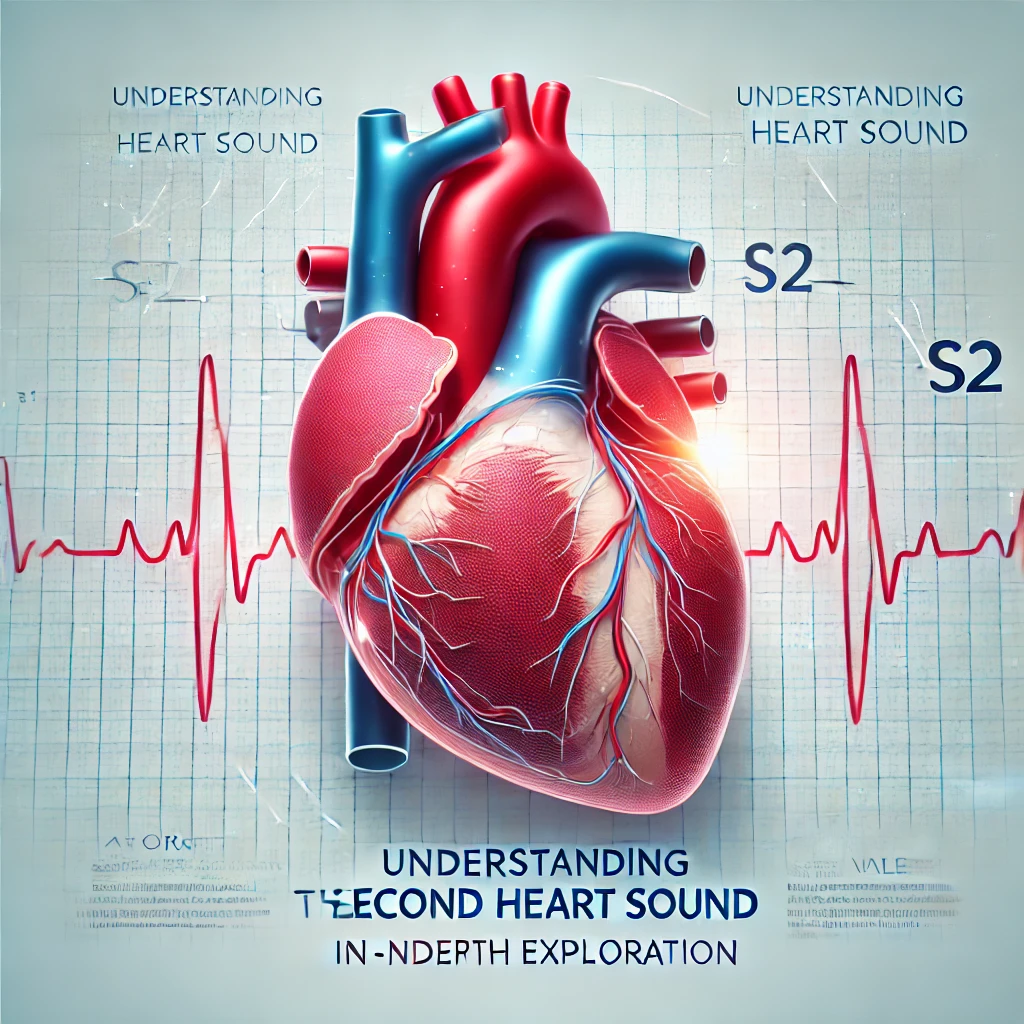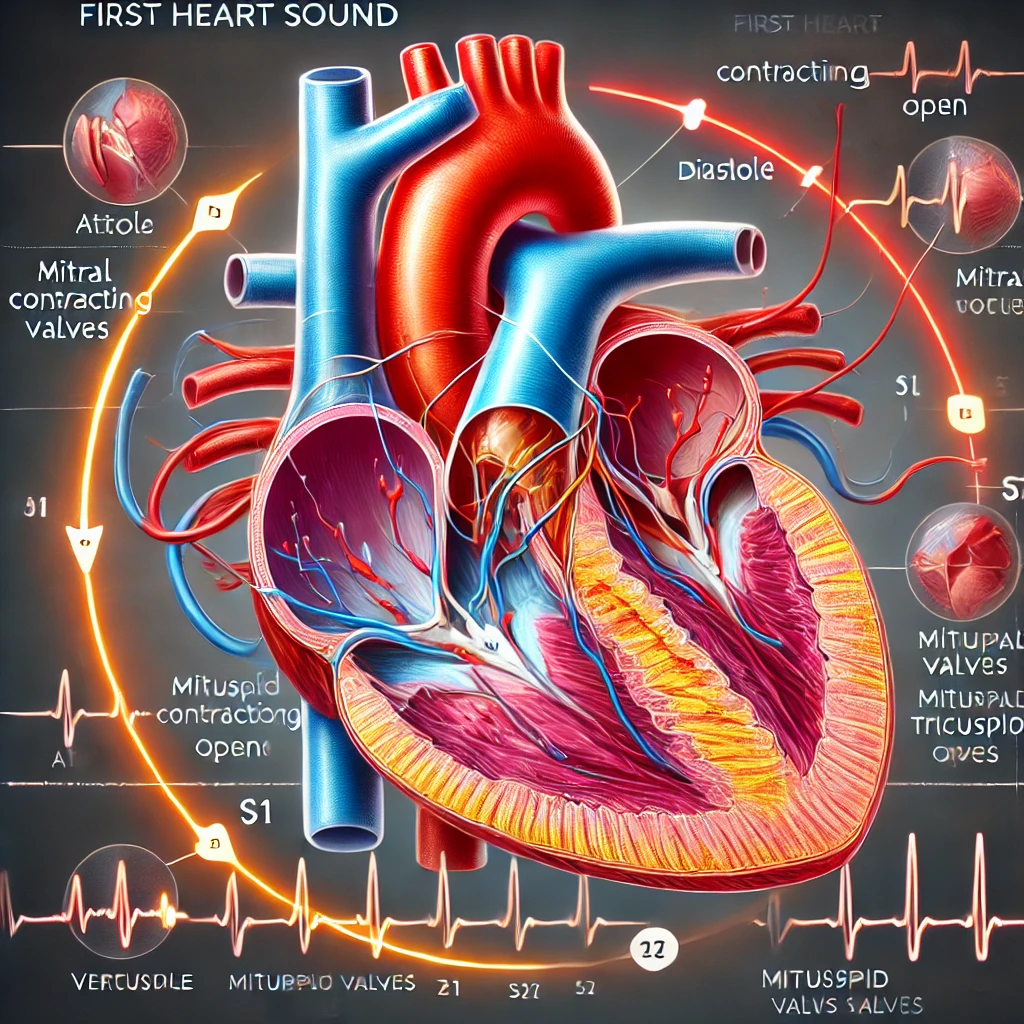Understanding Arrhythmia: An In-depth Guide
Arrhythmia is a heart condition that refers to any change or deviation from the typical sequence of electrical impulses. It can cause your heart to beat too fast, slow, or irregularly, affecting the efficiency of your heart’s function.
I. Unraveling the Enigma of Arrhythmia
1. What Exactly is Arrhythmia?
Often a cause of concern yet largely misunderstood, Arrhythmia isn’t a disease per se but rather a symptom of underlying issues. It’s like the heart’s version of an orchestra playing out of sync. When the heart’s electrical signals don’t follow their regular rhythm, you’ve got Arrhythmia on your hands.
2. Types of Arrhythmias
There are many different types of arrhythmias. Some are relatively harmless, like benign extrasystoles, while others, such as ventricular fibrillation, can be life-threatening. There’s a symphony of variations, each with its unique rhythm and implications.
3. Symptoms and Warning Signs of Arrhythmia
Arrhythmia is a sneaky companion; it can creep up on you without any apparent symptoms. However, when it does decide to make its presence known, it often comes with warning signs such as heart palpitations, shortness of breath, chest pain, and even fainting spells.
II. Delving into the Root Causes of Arrhythmia
4. Underlying Conditions That Can Cause Arrhythmia
Arrhythmia doesn’t just appear out of the blue. It is often triggered by other medical conditions such as heart disease, high blood pressure, or diabetes. A closer look at these culprits can help unravel the root causes of Arrhythmia.
5. Lifestyle Factors and Arrhythmia
The saying goes, “Your lifestyle can be your best defence or worst enemy.” Smoking, alcohol, and stress can all contribute to the development of Arrhythmia. The good news is these are all factors that can be modified for a healthier heart rhythm.
6. Genetics and Arrhythmia
Is Arrhythmia written in your genes? Genetic factors can indeed play a role in certain types of Arrhythmia. A glimpse into genetics can shed light on how our DNA can influence our heart’s rhythm.
III. Navigating the Diagnosis and Treatment of Arrhythmia
7. Diagnostic Tests for Arrhythmia

Identifying Arrhythmia involves a series of diagnostic tests, from ECGs and Holter monitors to stress tests and electrophysiology studies. These tests help doctors get to the heart of the matter, revealing the rhythm and rate of the heartbeat and identifying any irregularities.
8. Treatment Options for Arrhythmia
Thankfully, Arrhythmia is not a sentence without appeal. Several treatments are available, including medication, lifestyle changes, and surgical procedures. Treatment choice largely depends on the type and severity of the Arrhythmia.
9. Medications and Their Role in Managing Arrhythmia
Different medications can help manage Arrhythmia, each with its specific purpose and mechanism of action. Medications play a crucial role in arrhythmia management, whether it’s to slow down a fast heart rate, prevent clotting, or correct electrolyte imbalances.
10. Non-pharmacological Interventions for Arrhythmia
Medications aren’t the only
tool in the arrhythmia management toolbox. Procedures like catheter ablation, pacemaker implantation, and even lifestyle changes can make a significant difference in maintaining a regular heart rhythm.
IV. Living With Arrhythmia
11. Lifestyle Changes for Managing Arrhythmia
Living with Arrhythmia can be challenging, but it can be well-managed with specific lifestyle changes. From healthy eating and regular exercise to stress management and regular check-ups, there’s a lot you can do to keep Arrhythmia in check.
12. The Impact of Arrhythmia on Quality of Life
Arrhythmia can undoubtedly throw a wrench in the works, affecting one’s quality of life. However, with appropriate management and care, it’s perfectly possible to lead a fulfilling life, despite the irregular heartbeat.
13. Resources and Support for People Living with Arrhythmia
Living with Arrhythmia can feel isolating, but you’re not alone. There are plenty of resources and support groups out there that can provide valuable advice and emotional support to people living with Arrhythmia.
V. Demystifying Common Myths About Arrhythmia
14. Arrhythmia Myths Debunked
Like many medical conditions, Arrhythmia is shrouded in myths and misconceptions. Separating fact from fiction is crucial in understanding this condition and knowing how to manage it effectively.
VI. Frequently Asked Questions (FAQs) About Arrhythmia
15. FAQ 1: Can you feel Arrhythmia?
Yes, most people with Arrhythmia feel a fluttering or a racing heart. However, some people may not experience any symptoms at all.
16. FAQ 2: Can Arrhythmia be cured?
While some types of Arrhythmia can be effectively treated and managed, there is currently no universal cure for all.
17. FAQ 3: Is exercise safe for people with Arrhythmia?
Yes, exercise is generally safe for people with Arrhythmia, provided they follow their healthcare provider’s advice on the type and intensity of exercise.
18. FAQ 4: Can stress cause Arrhythmia?
Yes, prolonged periods of stress can increase the risk of Arrhythmia. This underscores the importance of stress management in maintaining heart health.
19. FAQ 5: Can Arrhythmia cause heart failure?
In severe cases, untreated Arrhythmia can lead to heart failure or stroke. However, with appropriate management, these complications can often be prevented.
20. FAQ 6: Is Arrhythmia hereditary?
Some types of Arrhythmia can be hereditary, meaning they can be passed down from parents to children. However, not all arrhythmias are genetic.
VII. Conclusion
While a severe condition, Arrhythmia can be effectively managed with medical treatments and lifestyle modifications. Understanding this condition is the first step towards achieving a healthier heart rhythm.
References:
- American Heart Association – About Arrhythmia
- National Health Service – Types of Arrhythmia
- Mayo Clinic – Arrhythmia
- Cleveland Clinic – Arrhythmia Diagnosis and Tests
- Johns Hopkins Medicine – Living With Arrhythmia
Other Articles:
- Unveiling the Truth: Debunking Common Myths About Lymphoma
- Ischemic Heart Diseases: From Causes and Symptoms to Prevention and Treatment
- Understanding Atrial Fibrillation
- Hematuria Symptoms, Signs of Hematuria
- Angina Pectoris: Understanding Stable Angina
Disclaimer: This article is meant to provide general information about Arrhythmia and should not be used as a substitute for professional medical advice. Always consult with a healthcare professional for accurate information.




